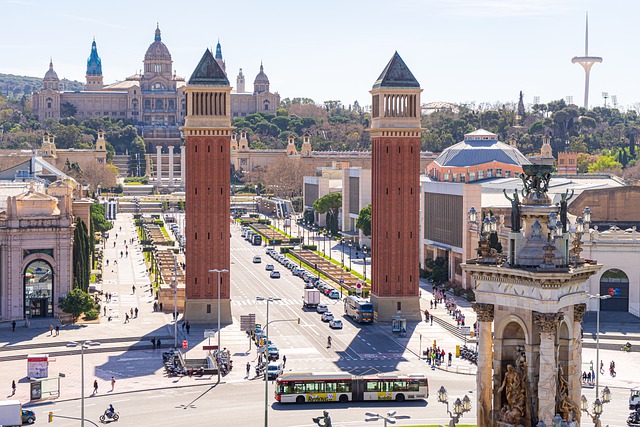Year by year, the foreign population in Spain is increasing. The latest data provided by the National Statistics Institute (INE) indicate that more than 5 million people have decided to start a second life in this country. The excellent gastronomy and the ideal temperature during a large part of the year are one of the factors for choosing this country as their residence.
However, before this can become a reality, they have had to go through a bureaucratic process to obtain a residence permit. But is it difficult to obtain a visa in Spain, and what are the requirements? Which visa is easier to obtain? With good professional advice, anything is possible, especially with new permits such as the Spanish nomad visa.
The best option for pensioners
Spain is a country that stands out for its quality of life for expatriates, especially retirees. The Non Lucrative visa permit is the easiest way to start a new adventure. This visa is for foreigners who wish to establish their residence in Spain, and have sufficient means of subsistence to live in the country, without the need to carry out any commercial activity or make any investment.
To obtain this visa you simply have to provide specific documentation for it to be approved. To achieve this, the applicant will have to present it at the Spanish Consulate in their country. There, you will have to provide the application form, a recent passport-size photograph, a valid travel document, a document showing any criminal record, a document certifying medical insurance and a medical certificate.
As mentioned, this visa is obtained if you have sufficient financial means to subsist in the country, as it does not allow you to work. Therefore, the minimum amount of money required by the IPREM to obtain the non-profit residence permit is 564.90 € per month, so you would need a regular monthly income of 2,259.60 € or 27,115.20 € per year, or its equivalent in foreign currency.
The Non Lucrative Visa will allow you to reside in Spain for a period of more than 90 days, with a duration of 1 year from the moment it is granted and you will only be able to renew it if you have spent 183 days living in the country. You will automatically become an official resident of the destination country.
Working remotely: the future of visas
Although it has not yet come into force, much is already known about the Digital Nomad Visa. It is expected to be approved in Spain by the end of this year, although many countries have already begun to process it.
Thus, from the draft law, we can know that obtaining this visa is not difficult, as long as the following requirements are met:
First of all, the profile is very clear: the applicant has to be a highly qualified professional holding a university degree or postgraduate degree, having a minimum professional experience of 3 years.
They must also prove that the tasks they undertake in their job must be allowed to work remotely and that they have a minimum professional relationship of one year with their company.
As with all other visas, you must also have health insurance and a criminal record certificate.
Getting a visa nowadays is not as difficult a task as it was years ago. Nowadays, there are very good professionals who can help you apply for it and accompany you on your next adventure.



